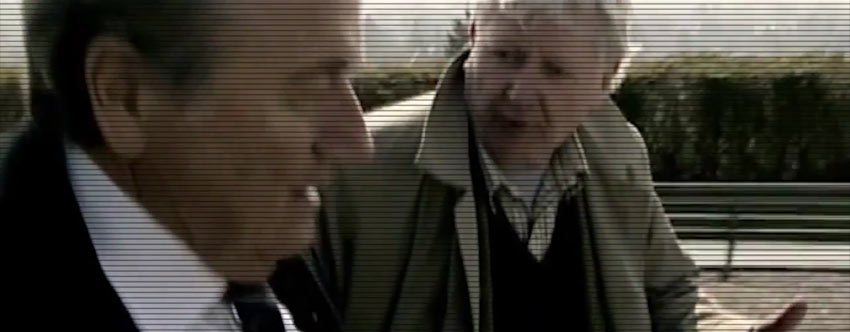On Monday, the TUC’s Playfair Qatar campaign joined forces with an eclectic group of campaigners. The ITUC, New FIFA Now and SKINS Official Non-Sponsor, all with a track record of speaking out against the horrible conditions faced by workers preparing Qatar to host the 2022 World Cup, united to demand that the World Cup’s sponsors called on football’s governing body FIFA to force through the radical change needed to save thousands of lives.
Now that the World Cup will be played in winter, avoiding the deadly heat that would have laid footballers low, and because – for the moment at least – corruption allegations are hard to prove, attention is finally being directed at what was always the most serious flaw in Qatar’s World Cup plan. Its vast army of indentured labourers, 1.4m strong at the last count, suffer from horrific working and living conditions.
There’s no escape from the dangerous sites and disgusting accommodation, because Qatar’s kafala law puts them utterly at the control of their employer. They can’t leave for another job, or even leave the country, without the express permission of their boss, who has to sign an exit visa before they’d be allowed to travel. No matter what the worker is trying to escape from, be it months of no pay, illegal long hours, lack of access to clean drinking water, revolting sanitation or even physical abuse, they have to accept that even if they went to Qatar’s labour courts and won, they could still be punished by a vengeful employer who can stop them leaving.
The result is a construction industry losing lives at the rate of at least 40 every month, based on figures from India and Nepal alone.
The World Cup’s major sponsors will be paying huge amounts to be associated with the tournament, and the unfolding human rights scandal has the potential to be sponsorship kryptonite.
Coca Cola, VISA, McDonalds and Adidas in particular, have strongly worded corporate social responsibility policies. Designed to eradicate abuse in their supply chain, these admirable policies ban forced labour, withholding of wages and physical abuse, while committing the companies to upholding the values of the UN Declaration of Human Rights, a document that enshrines the rights of workers to join unions.
Monday’s team up between unions, businessmen and politicians – the ITUC’s Sharan Burrow, SKINS CEO Jaimie Fuller and Conservative MP Damian Collins, from New FIFA Now, sought to highlight the gap between brands’ policies and their ongoing financial support for “the Hypocrisy World Cup”. With the entire construction industry of Qatar reliant on a trapped workforce that has to put up with whatever conditions are offered to them, they are clearly financially enabling a vast forced labour problem, as well as seeking to profit by association with a glamorous event (in the world’s richest state!) based on poverty wages, slum housing and a deadly, poorly regulated health & safety system.
After two days of bad publicity and customers emailing their CEOs, we’ve seen the first positive responses. VISA have issued a public statement on their website, saying:
“We continue to be troubled by the reports coming out of Qatar related to the World Cup and migrant worker conditions. We have expressed our grave concern to FIFA and urge them to take all necessary actions to work with the appropriate authorities and organizations to remedy this situation and ensure the health and safety of all involved.”
Is this the first step in a movement that could force FIFA to abandon its policy of mixing a denial of responsibility? Shortly afterwards, Coke gave journalists a considerably more caffeine-free statement:
“The Coca-Cola Company does not condone human rights abuses anywhere in the world. We know FIFA is working with Qatari authorities to address specific labor and human rights issues. We expect FIFA to continue taking these matters seriously and to work toward further progress.”
Although Coke’s statement gives FIFA more credit than they deserve, it’s an unexpectedly fast reaction to our pressure and opens the door for future challenges to their sponsorship: what, for instance, do they do if FIFA is shown to not be taking these matters seriously and for there to be little or no progress?
We’d like to see stronger words, particularly from Coke, but this is a start and shows that it is possible to rattle the financial underpinnings of FIFA’s unscrupulous empire. We still have nothing from McDonalds, Adidas (despite their explicit policy of support for Freedom of Association) or Hyundai and Kia. There’s plenty still to push for, with added incentive that it seems to be working.
Can you help pressure the key sponsors to step up by sending your own email?

